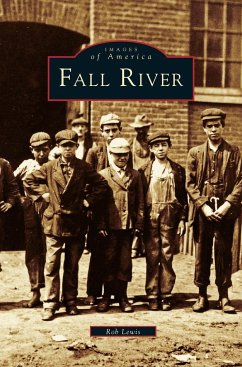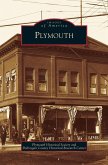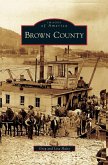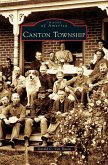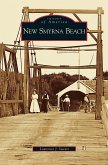The city known today as Fall River, Massachusetts, considered until 1803 to be a part of Freetown and until 1862 to be partially contained within the boundaries of Rhode Island, came into its own as a great industrial city in the latter half of the nineteenth century. The massive power of the Quequechan River fueled several mills, and Fall River granite provided the basis for a developing stone-cutting business. Over the years, the city's numerous villages have been home to many hard-working and loyal residents. These residents historically have much to be proud of: in many ways Fall River led the region in the development of technology and public education. By the 1880s, the city was equipped with telephones, streetcars, and electrical service, and the B.M.C. Durfee High School-opened in 1886-was considered the finest in the nation. Through the 200-plus photographs and informative captions in this marvelous new visual history, local author Rob Lewis seeks to remind residents of Fall River's glorious past; his work also suggests the future potential of this significant American city as we approach the millennium.
Hinweis: Dieser Artikel kann nur an eine deutsche Lieferadresse ausgeliefert werden.
Hinweis: Dieser Artikel kann nur an eine deutsche Lieferadresse ausgeliefert werden.

